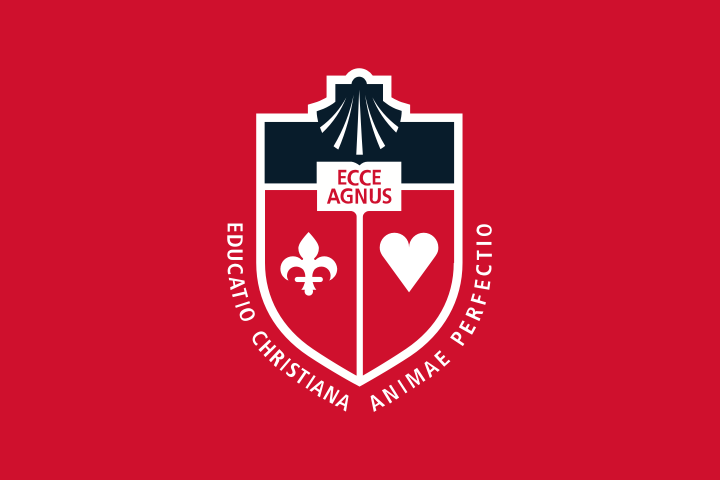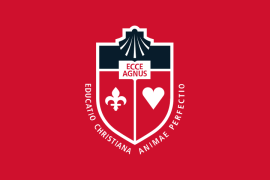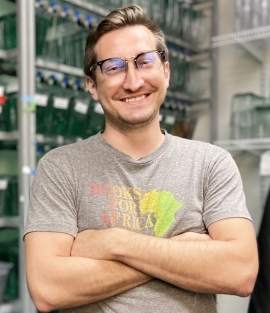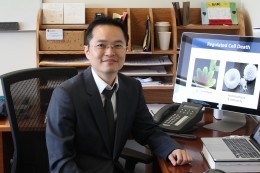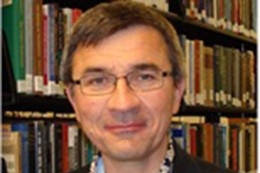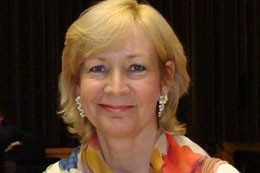Biological Sciences
What We Do
The Department of Biological Sciences is committed to the preparation of students for the exciting, rapid, and unpredictable changes in the field of biology that will continue to emerge over the next century.
The Department of Biological Sciences is committed to the preparation of students for the exciting, rapid, and unpredictable changes in the field of biology that will continue to emerge over the next century. Our curriculum allows students to acquire a broad background in biology by pursuing their own interests among a variety of courses. All students take a three-semester core program that encompasses a range of biology topics from atoms to ecology and evolution. Students can then customize the remainder of their biology electives to accommodate their own interests, under the guidance of a faculty advisor. Our faculty consists of biologists who are experienced teachers and world-class researchers, with interests ranging from molecular and cell biology to ecology. Undergraduate students are encouraged to work closely with the faculty by taking research courses, and graduate students begin working in a research laboratory early in their training. We offer the following undergraduate and graduate degrees: B.S. Biology, M.S. Biology, combined B.S./M.S. Biology, and Ph.D. Biology.
Our undergraduate biology majors may take advantage of our accreditation by the rigorous and selective American Society for Biochemistry and Molecular Biology (ASBMB). Students in the Biochemistry and Molecular Biology program at St. John’s have the opportunity to take a national certification examination in the spring of their senior year; passing the examination qualifies them to have their degree certified – or certified with honors – in Biochemistry and Molecular Biology by the ASBMB. Successful completion of the program also satisfies the requirements for a minor in Chemistry at St. John’s.
In accordance with the St. John’s University mission to meet the needs of the less advantaged and to promote cultural diversity, we work to connect students with programs and fellowships that meet their qualifications. Among these opportunities are the Women in Science Scholarship Program and Clare Boothe Luce Scholarship Program.
We welcome you to St. John's. Our faculty are dedicated to education, active in research, and known nationally and internationally. You will form bonds with students and faculty, and develop a style of thinking and analysis that will last a lifetime.
Yong Yu, Ph.D.
Professor and Chair, Biological Sciences
St. Albert Hall, Room 220
718-990-1654
[email protected]
The Department of Biological Sciences offers a 20-credit minor sequence in Biology. This minor is open to all majors, but is of special interest to students majoring in Chemistry, Physics, Psychology, or Environmental Science. Required courses for the minor are as follows:
BIO 1000; 1000L Fundamentals of Biology I: Introduction to Population Biology I; Laboratory
BIO 2000; 2001L Fundamentals of Biology II: Introduction to Cell and Molecular Biology; Laboratory
BIO 3000; 3001L Fundamentals of Biology III: Introduction to Organismic Biology; Laboratory
In addition, students must take at least two additional courses (eight credits) from among the departmental offerings. Please note that BIO 1050, 1060, 1360, and 1600 are not applicable to the minor.

